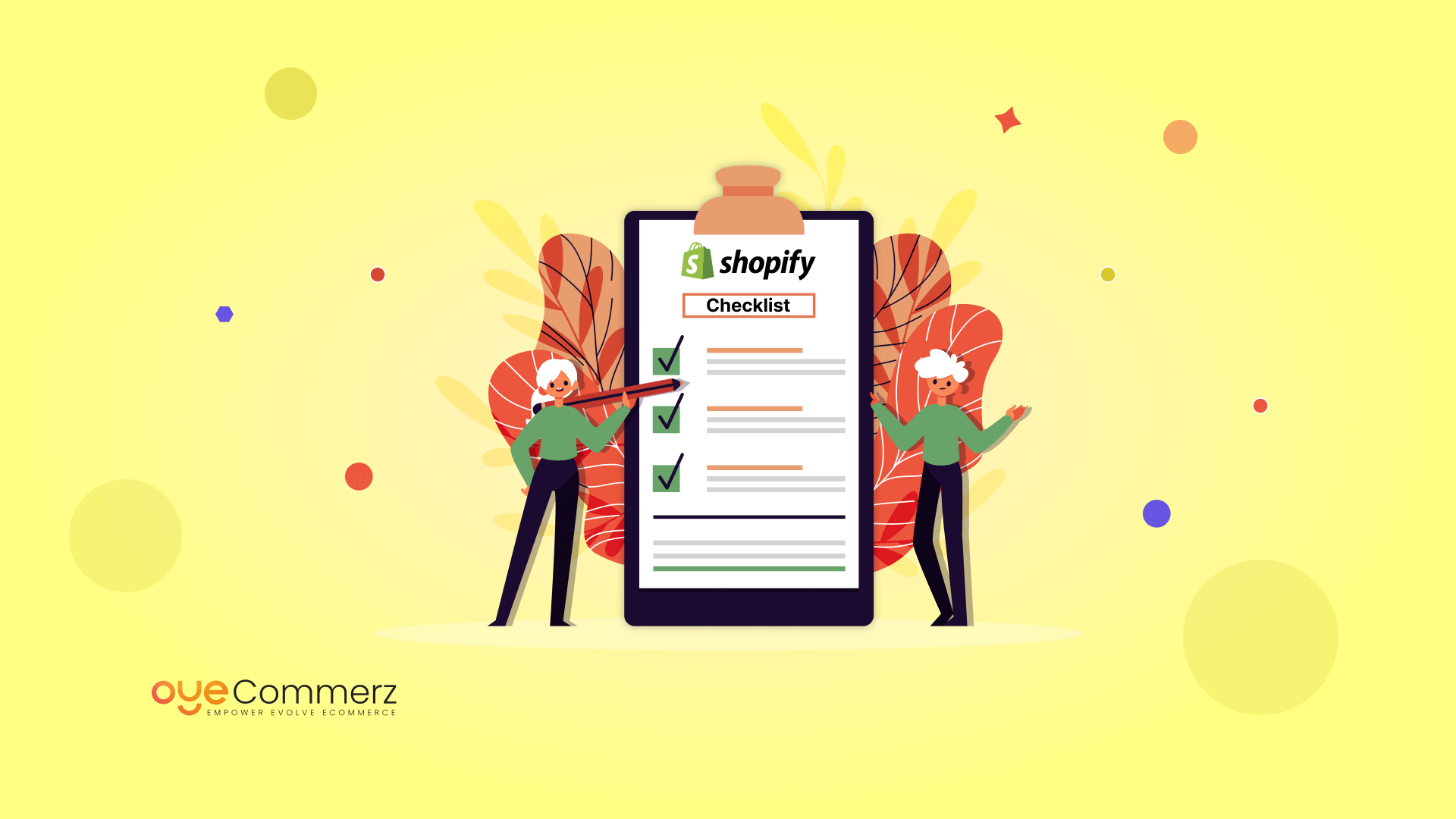Overview
In today’s competitive e-commerce environment, standing out is essential, and one of the best ways to set apart a Shopify store is through custom app creation. A well-built Shopify app can boost store functionality, simplify processes, and elevate customer interaction. This article explores essential aspects of Shopify app development, from API integration to growth techniques and digital marketing approaches, offering a roadmap for businesses looking for unmatched store efficiency.
The Importance of Shopify API Integration
Shopify’s API offers robust tools to personalize and extend store functionalities. With GraphQL and REST APIs, developers can retrieve information to create apps that manage inventory management, order handling, and customer data management smoothly. Using Shopify’s API can lead to better workflow automation and enables stores to serve customers more efficiently.
Adopting the Polaris Design System
Polaris is Shopify's set of design guidelines for creating user-friendly and easy-to-use Shopify apps. By adhering to Polaris guidelines, developers guarantee that apps integrate smoothly within the Shopify Admin experience. This ensures a cohesive look and feel that resonates with Shopify merchants, promoting usability and familiarity for merchants utilizing your tailored app.
Navigating the Shopify App Ecosystem
The Shopify app ecosystem provides numerous opportunities for improving e-commerce sites. From managing fulfillment processes to increasing customer interaction, apps in this environment are tailored to meet various business needs. Familiarizing with this ecosystem helps developers in finding unique app opportunities and enables smooth connections of third-party services that add value to the store.
Building Embedded Shopify Apps
Embedded apps integrate directly within the Shopify Admin, allowing a seamless experience for merchants. They allow merchants do not need to leave their Shopify dashboard, streamlining their workflow. Employing Shopify App Bridge and embedded app capabilities is recommended for providing a unified, integrated user environment.
Using Node.js and React for Shopify Apps
Node.js and React Empower your Shopify ecosystem have become top options for Shopify app development. This server-side framework enables efficient server-side applications, while React allows for interactive and adaptive front-end design. Combined, they provide an excellent framework for building fast, scalable Shopify apps that improve store performance and customer engagement.
Utilizing Webhooks in Shopify Development
Webhooks enable instant data updates between Shopify and an outside application. They initiate events such as new orders or stock changes and send instant alerts to your app. By implementing webhooks, apps can provide up-to-date insights for store owners, simplifying processes and boosting efficiency.
Customer Engagement and Digital Marketing for Shopify Apps
To ensure Shopify app success, engaging customers is crucial. Using online marketing techniques like SEO, email marketing, and social media campaigns can drive app adoption. Additionally, designing apps with customer interaction as a focus (e.g., loyalty programs or personalized recommendations) boosts user loyalty and loyalty.
Making Your Shopify App Scalable
As e-commerce stores expand, so do their technological needs. Making sure that your app can manage increased traffic, larger data sets, and more advanced functionalities is essential. By improving server resources and using scalable technologies, you can create apps that expand in tandem with a store’s growth.
Essential Features and Maintenance for Shopify Apps
For an app to be useful, it Using Polaris for better Shopify apps should offer essential features like user authentication, analytics dashboard, and support channels. Regular app maintenance, with updates to fix bugs and compatibility checks with new Shopify functionalities, is important to ensure uninterrupted performance and prevent disruptions to merchant workflows.
Summary
Custom Shopify app development offers immense opportunities for e-commerce businesses, offering the chance to improve performance, streamline processes, and build customer relationships. From integrating APIs to ensuring scalability and customer engagement, creating a Shopify app involves thoughtful preparation and strategic execution. If you’re ready to unlock your store’s full potential, a custom Shopify app could be the ideal solution. What capabilities do you see for your ideal app? Share your thoughts and take the first step toward an optimized e-commerce experience!
